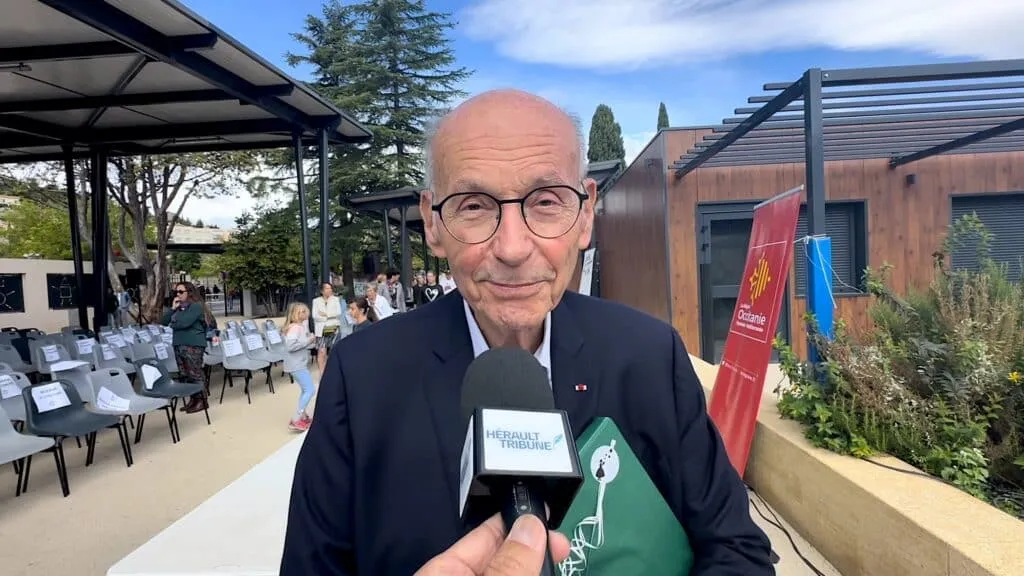Boris Cyrulnik's Insights on Change and Resilience in Society

Boris Cyrulnik on Societal Evolution
Boris Cyrulnik, the prominent neuropsychiatrist, posits that from the deepest suffering, the greatest insights can emerge. During his recent address at the signing of the 2024-2030 city contract, he explored the urgent need for social and educational evolution. 'Catastrophe means an obligation to change,' he stated, highlighting how crises force society to reevaluate its values and direction.
Addressing Complacency
Cyrulnik critiques modern society's tendency to seek distraction through entertainment, likening it to a zombie-like existence where critical thinking is sacrificed. 'The happiness of not thinking leads to a dangerous passivity,' he warns, reflecting on the susceptibility of populations to political manipulation under authoritarian regimes.
The Importance of Education
In his speech at Clermont-l’Hérault, Cyrulnik called for an educational framework that respects individual needs, particularly for children from disadvantaged backgrounds. He urges that holistic education which integrates arts, sports, and emotional growth is essential to foster resilience and social cohesion. 'The brain's plasticity allows for recovery and change if interventions occur early enough,' he explains.
Constructing a Better Future
Cyrulnik advocates for community engagement and mutual understanding as pathways to remedy divisions within society. He insists that through literature, theater, and music, we can bridge gaps and cultivate empathy. 'We are all responsible for exploring the world of others', he concludes, emphasizing collective responsibility in creating a more inclusive future.
This article was prepared using information from open sources in accordance with the principles of Ethical Policy. The editorial team is not responsible for absolute accuracy, as it relies on data from the sources referenced.